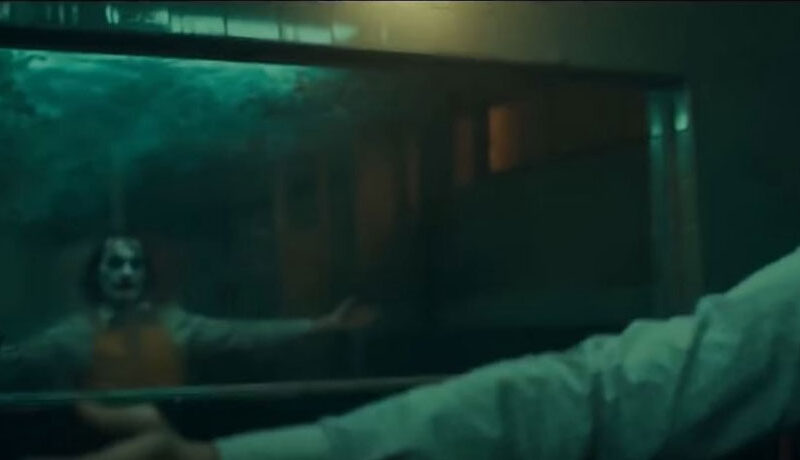My son’s school assignment is to watch the news, but I don’t usually let him; what do I do?
My son’s school assignment is to watch the news, but I don’t usually let him; what do I do? https://mediatrics.com/wp-content/themes/corpus/images/empty/thumbnail.jpg 150 150 Mediatrics Mediatrics https://mediatrics.com/wp-content/themes/corpus/images/empty/thumbnail.jpg
Q: For my 12 year old son’s history homework last night, the assignment from his textbook was to think about the news he watches (it said watches, not reads) and write an essay relating a news story to something in his history book. I don’t let him watch the news because I think it is often more scary than the movies or video games he sees. For example, the lead story today on Yahoo was that our planet was going to stop sustaining life. What would you recommend we do?
–No News is Good News, in Tennessee
A: Dear No News,
There are a few different issues to address here: whether and how TV news is problematic for kids, why a history book might recommend that kind of assignment, why a teacher might assign it, and what you as a parent can do about it. Let’s take them one at a time:
You are right to be concerned about your kids’ exposure to TV news. Because a more tabloid approach tends to bring higher ratings, TV news stations often cover the most outrageous stories they can find. This helps them hold onto their viewers. But this approach also increases our perception of the presence of violence in the world and may make it feel much closer to home than it is (e.g., consider the Elizabeth Smart story, which frightened people far outside of the community in which that kidnapping occurred). Research shows that the impact of exposure to such frightening media can affect kids for a long time.
So why might a history book recommend that kids compare history to TV news? For the same reason that a teacher might assign such a task: to increase the student’s interest, understanding, and retention by connecting what they’re learning in school to what they’re exposed to in their daily lives. What you’re pointing out is that this assignment assumes that such programming is appropriate for kids—and given how much TV news has changed and how long ago new textbooks may have been purchased, that assumption might have been okay at the time of publication. It probably isn’t anymore.
If the goal of the assignment is to connect what kids are learning to what they see in their daily lives, there are certainly other ways to do it. I might recommend that your son write the essay comparing what he read in his textbook to a news story he encountered from a different source, like a newspaper or website, and then explain to his teacher why he made that shift. His teacher might be interested to hear the reasons he changed the assignment, and if your son makes a strong enough case that students should be able to compare what they’ve read to a story in other kinds of media—not just the TV news—his teacher might even adopt it in general.
Enjoy your media and use them wisely,
The Mediatrician®




